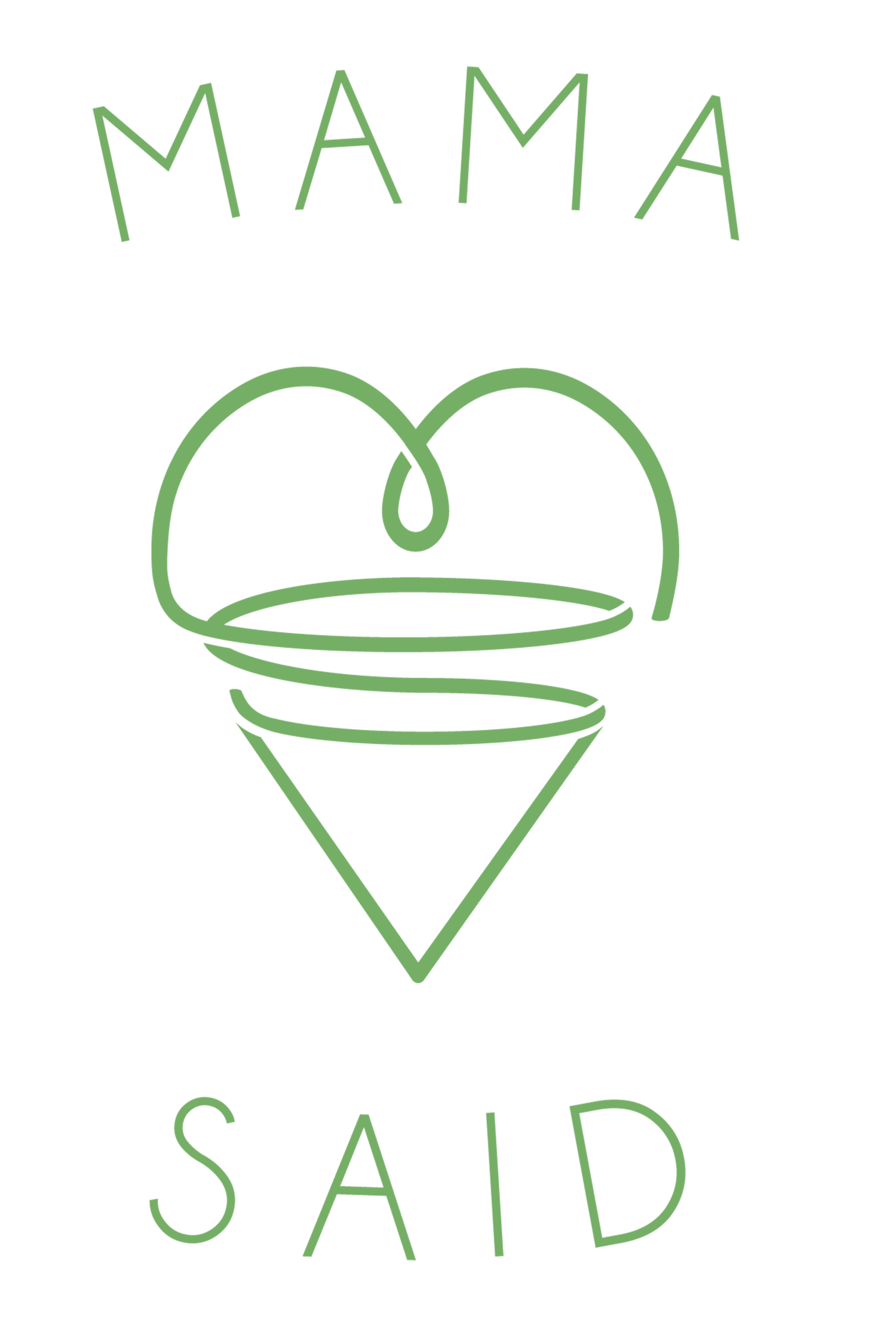A recent piece by Libby Hill for the L.A. Times examined portrayals of postpartum depression on popular TV shows, and how these shows have facilitated the conversation about the illness that affects at least 600,000 new mamas each year. From Juliette’s struggle with a postpartum mood disorder on Nashville to Caroline’s abandonment of her family on Girls to Petra’s postpartum feelings of inadequacy on Jane the Virgin, the breadth of experiences of these TV moms is representative of the real-life range of symptoms experienced by new mothers with postpartum mood disorders.
According to Postpartum Progress, approximately 14% of new mothers suffer from postpartum depression. Many women who suffer from postpartum mood disorders have no history of depression or anxiety, and many do. Women of all backgrounds and marital status suffer from postpartum mood disorders, though Postpartum Progress notes that “in low-income areas, the percentage of women with PPD (postpartum depression) rises as high as 25%.” Just because a woman does not experience a postpartum mood disorder with her first pregnancy does not mean she will not with subsequent pregnancies.
Merion mama Rebecca Fox Starr is one such example, having spoken about her struggle with postpartum depression following her second pregnanct on her blog, Mommy, Ever After. In her post, “The hardest post I’ve ever written,” Fox Starr details her painful post-partum experience with hopes that her honest storytelling would help others who are suffering like she did. Like the writers of Nashville, Jane the Virgin and Girls, with her blog, Fox Starr is helping to facilitate the conversation about postpartum mood disorders today.
Despite the staggering number of women who suffer from these postpartum disorders, and despite the increased conversation about the reality of postpartum mood disorders, the Postpartum Stress Center reports that women today still struggle to get the help that they need due to “misinformation, uncertainty, shame, finances, embarrassment or denial.”
Located in Rosemont, PA, the Postpartum Stress Center provides treatment and counseling services to mothers and families seeking help with postpartum mood disorders, as wells as training for professionals who deal with pregnancy and postpartum mood disorders. The Postpartum Stress Center also offers online tools for mothers who think that they might be struggling with a postpartum mood disorder, including tips for how to talk to your healthcare provider, where to find therapists for postpartum depression as well as recommendations for how to best help the mamas in your life that may be struggling with these disorders.
At Mama Said, we believe that postpartum mood disorders are not a subject to be swept under the rug. With local mamas like Rebecca Fox Starr and local resources like the Postpartum Stress Center, we want mamas to know that they can talk about their experiences and that they have resources available to them if they do need help. We are also excited to attend Postpartum Progress’ Climb Out of the Darkness Walk to increase awareness about pregnancy and postpartum mood disorders on June 18th at FDR Park at 1500 Pattinson Avenue.
To join us at the Climb Out of the Darkness Walk, register here.







